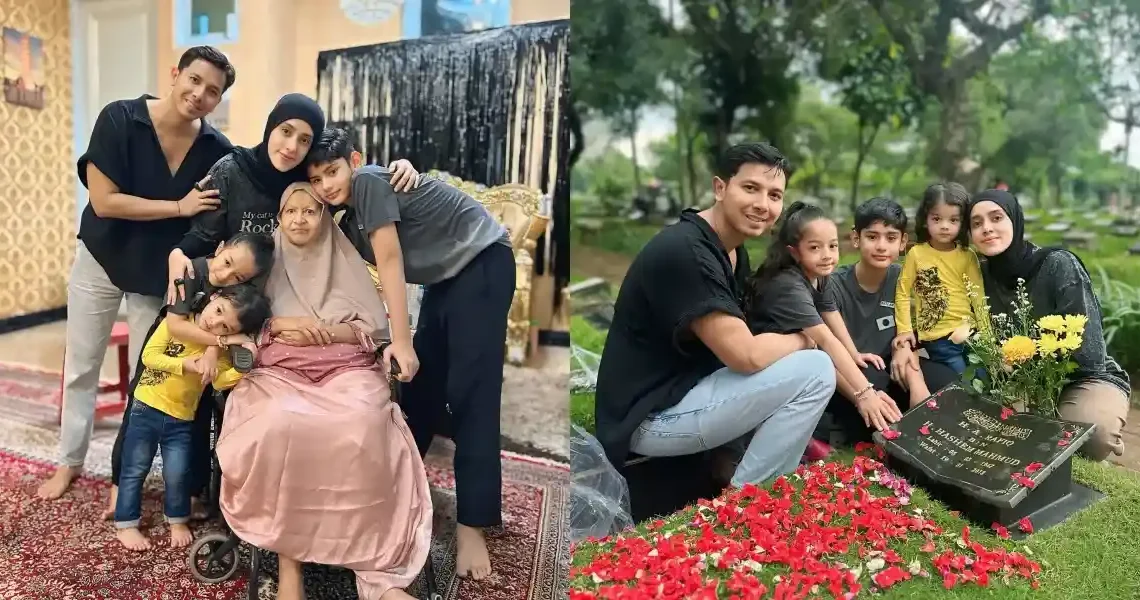
Meet Fairuz’s Siblings: Huda Wadi Haddad, Amal Wadi Haddad, and Joseph Wadi Haddad
Fairuz, born Nouhad Wadie Haddad, is a legendary Lebanese singer whose voice has resonated across the Arab world for decades, earning her titles like “The Voice of Lebanon” and “The Cedar of Lebanon.”
While her iconic career, marked by over 1,500 songs, 80 albums, and 20 musicals, has made her a cultural beacon, less is known about her family, particularly her siblings: Huda Wadi Haddad, Amal Wadi Haddad, and Joseph Wadi Haddad.
Trending Now!!:
Born into a modest Syriac Orthodox and Maronite Christian family in Beirut, Lebanon, Fairuz grew up alongside her three siblings in the tight-knit Zuqaq al-Blat neighbourhood, where their shared experiences shaped their lives.
Huda Wadi Haddad
Huda Wadi Haddad, born on August 15, 1944, in Beirut, Lebanon, is perhaps the most well-known of Fairuz’s siblings due to her own contributions to the arts.
The daughter of Wadih Haddad, a print worker, and Lisa al-Boustani, a housewife, Huda grew up in a humble household that fostered a love for music and culture.
Like her older sister Fairuz, Huda pursued a career as a singer and actress, often collaborating with Fairuz and the Rahbani Brothers—Assi Rahbani and Mansour Rahbani—whose innovative compositions revolutionized Lebanese music.
Huda’s artistic journey began in the 1960s, when she started appearing in the Rahbani Brothers’ theatrical productions. While her roles were often secondary, her sweet voice and playful stage presence made her a beloved figure in Lebanese theatre.
She performed in iconic plays such as Mays Al-Reem, Lulu, Sahrat Hob, and Petra (1977), often singing alongside Fairuz. Songs like “Darj Al-Yasmeen” and “Rizqallah Ala Al-Arabiyat” showcased her vocal talent, though her style was often compared to Fairuz’s due to their similar tones.
Huda also starred in Fairuz’s films, including Bint al-Hares, Baya al-Khawatim, and Safar Barlik, and had her own television series, Min Yawm la Yawm (1971), where she played the lead and sang the theme song.
Despite her talent, Huda’s career was overshadowed by Fairuz’s global fame. In an interview, Huda reflected on this, saying, “If the sun shines, its light covers the stars,” acknowledging the challenge of stepping out from her sister’s radiant success.
Nevertheless, Huda carved out a niche, performing in concerts across Lebanon and appearing in later Rahbani works like The Last Days of Socrates (1998) and Opera al-Dayaa (2009). Married to Chawki Ziade, Huda hails from the Chouf district and has two children, Dina Ziade and Joseph Ziade, named after her brother.
Amal Wadi Haddad
In contrast to Huda’s public career, Amal Wadi Haddad led a more private life, with limited information available about her personal or professional endeavours. Born to Wadih and Lisa in Beirut, Amal grew up in the same modest circumstances as her siblings, sharing a single-room home in Zuqaq al-Blat.
While Fairuz and Huda pursued artistic paths, Amal appears to have stayed out of the spotlight, with no documented involvement in the music or theatre scenes that defined her sisters’ careers.
The scarcity of details about Amal suggests she may have chosen a quieter life, focusing on family or personal pursuits away from the public eye. In the context of the Haddad family’s conservative roots, this choice aligns with the era’s cultural norms, where not all family members sought public roles, especially in a field as unconventional as music for women at the time.
Amal’s presence is noted in family accounts, such as photographs from Fairuz’s 1955 wedding to Assi Rahbani, where she and Huda stood alongside their sister, but beyond these glimpses, her story remains largely untold.
Joseph Wadi Haddad
Joseph Wadi Haddad, the only brother of Fairuz, Huda, and Amal, played a supportive role in the family, particularly during Fairuz’s early career.
Born into the same modest Beirut household, Joseph accompanied Fairuz to the Lebanese Conservatory and the national radio station, as their conservative father, Wadih, insisted on a male family member escorting her to ensure her safety in the unfamiliar world of public performance.
This protective role was crucial in the 1940s and 1950s, when societal norms often restricted women’s public activities.
Beyond his role as a chaperone, little is known about Joseph’s personal or professional life. Historical accounts suggest he remained close to the family, but unlike Huda, he did not pursue a career in the arts.
His presence in Fairuz’s early journey underscores the family’s tight-knit dynamic, where siblings supported one another in navigating the challenges of their time. Joseph’s quieter role, like Amal’s, highlights the contrast between Fairuz’s global stardom and the more private lives of her siblings.
NOTICE!! NOTICE!! NOTICE!!
At TheCityCeleb, we strive to provide accurate and up-to-date biographies and entertainment news, focusing on celebrities. Our editorial team researches information from reputable sources, including interviews, official statements, and verified media.If you spot an error or have additional details, please contact us at editor@thecityceleb.com. We value your feedback and are committed to maintaining trustworthy content.

